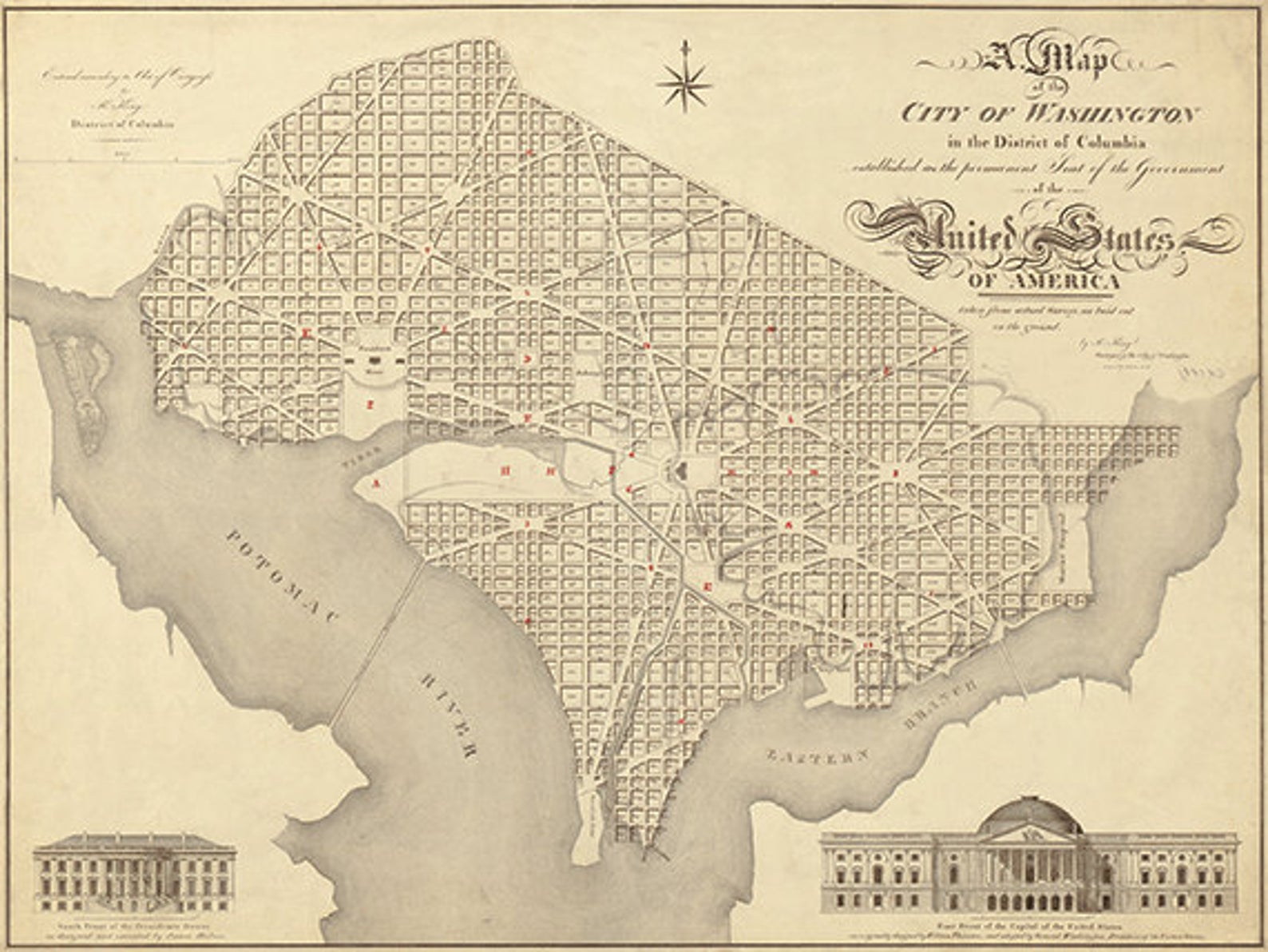
This week, the elementary studio entered uncharted territory: beginning a whole new session remotely. And although there’s no replacement for being in the studio together to embark on a new adventure, guides and learners worked together to use technology to get creative.
Poetry Workshop
On Monday, the guides introduced a new writing challenge. This session, learners will study poetry and write three different kinds of poems: haiku, free-verse, and an ode. Though some learners have a lot of experience with poetry and others not quite as much, we began the poetry session with an independent research deep dive into some big questions. The learners did research to answer the question, in their own words, “What is poetry?” They then identified and defined four unique types of poetry and selected one poem to share with the group.
These are just a few of the responses to the question, “What is poetry?”
“I think that poetry is writing something that means something to me or to somebody else.”
“Poetry is a writing that has rhythm and can usually be catchy in different ways. But you can never think of it as if you wrote it, think like the author instead of yourself, because when the author wrote it they most likely had a different feeling and poetry has a lot of emotions and thought in them that you wouldn’t normally think of.”
“A poem is a piece of writing that expresses your feelings.”
While doing their independent research deep dive, some learners even wrote their own poems to bring back to the group based on the four types of poems they researched. One learner wrote an acrostic for the word “curtain” explaining the purpose of a window covering while a few others (and a guide) brought some silly Shel Silverstein poems to share.
On Wednesday, learners encountered metaphors, another tool to add to their arsenal for Writer’s Workshop. After defining what metaphors are and reading the world-class example, I Love You the Purplest, learners used video conferencing to work in teams to come up with four metaphors for colors. Then they shared their metaphors with the whole group so everyone could try to guess the color described. Learners then worked to come up with a topic for one of their poems and write five metaphors that related to that topic.
Cartography Quest
On Tuesday, learners started working on the Session 6 cartography quest, focusing on the study and creation of maps. To familiarize themselves with maps, the learners’ first challenge was to identify their house and Acton on a map of Washington, DC, and map the route they take to school. One learner who is currently in a different state used a map of the United States to route his current location to Acton! Then the learners compared a map of Washington, DC, from 1873 to a current map of Washington, DC, looking for notable differences, similarities, and things that stood out.
On Thursday, learners brought the study of maps home, literally, by creating maps of their backyards and bedrooms. Learners had to ensure that their maps were drawn to scale and also include a compass and key so that every item on the maps would be accounted for.
Each quest day, learners will “visit” a different continent for their cartography quest challenges. In these new locations learners will delve into history and information about the continents as they explore mapmaking. Ultimately, the quest will culminate in learners going to a secret location (we hope together in person), as indicated by clues they receive after completing quest challenges on each continent.
Looking Ahead
Launching a new session virtually has certainly been a new experience, but one we hope has been effective in engaging learners and equipping them for a session of learning and fun. With a mix of interesting challenges and hands-on (sometimes outside) learning, we hope to keep energy high and see learners work hard on poetry and maps!